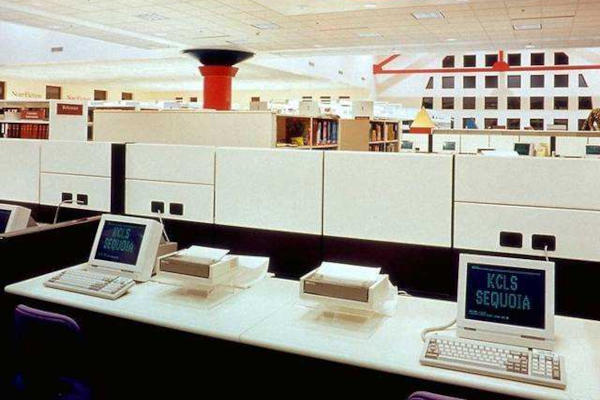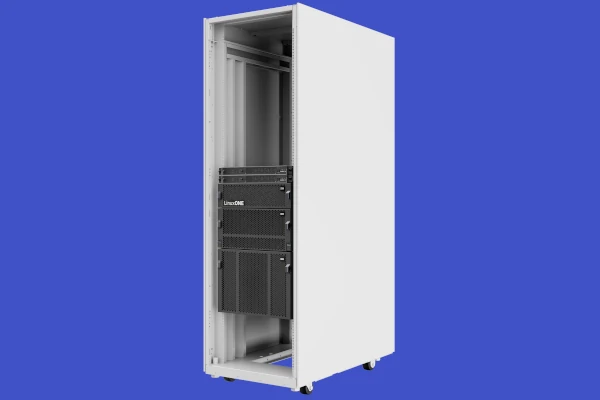A recent Dell State of IT Trends 2016 Study of federal government IT determined that 70% of the government’s vital IT systems are obsolete. The repercussions of using these outdated IT systems is immense, considering that
“aging systems are expensive to maintain and they put critical data at risk, leaving limited funds and time to devote to IT modernization and digital transformation.”
As a result, the cybersecurity concern among federal IT decision makers reached 42%. Also, the cost of system support was also a significant problem. 53% of the survey’s participants agreed that their computer software and operating systems were deprecated. These systems included Windows 7, Windows 8 and Windows Server 2008.
On the hardware side, “IT infrastructure systems (46 percent) …(were) most in need of modernization or replacement” and desktops, servers, network routers, network switches and laptops being the oldest infrastructure elements.
File systems were also lacking with “file storage/collaboration systems (39 percent) as most in need of modernization or replacement.” Lack of information and education about new IT technology (24 percent) and the inability to coherently decide on differing technologies (22 percent) continues to be problematic for updating modern systems.
The suggested recommendations for solving the federal government IT deficiencies are explained in the following summation:
“Established on software-based environments, cloud technology and secure mobile devices, a future-ready agency is more responsive to user demands and better equipped to meet mission requirements in innovative ways. Future-ready technologies can help agencies become more secure and efficient, and can drive savings through reduced maintenance costs, making the transition away from legacy IT easier.”




